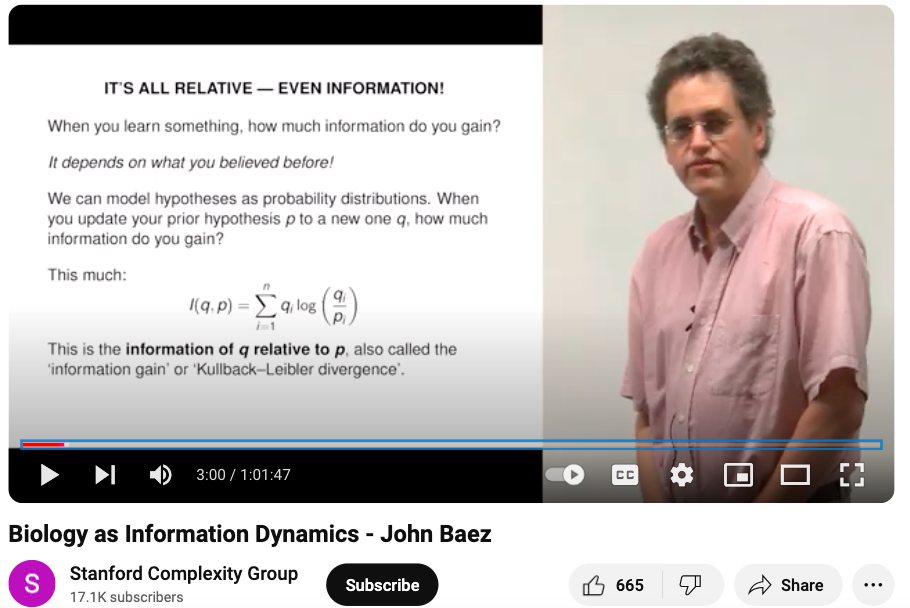(no subject)
Dec. 7th, 2024 10:04 pm

How do we measure fitness of a technology startup as a function of time/stage? Rapid positive changes in fitness would be considered value inflection points.
Also, rapid changes in fitness due to new entrants can be easily detected. For example, in the Three Little Pigs story, the appearance of the wolf impacts fitness distribution and as a result changes ROI of house-construction tech.